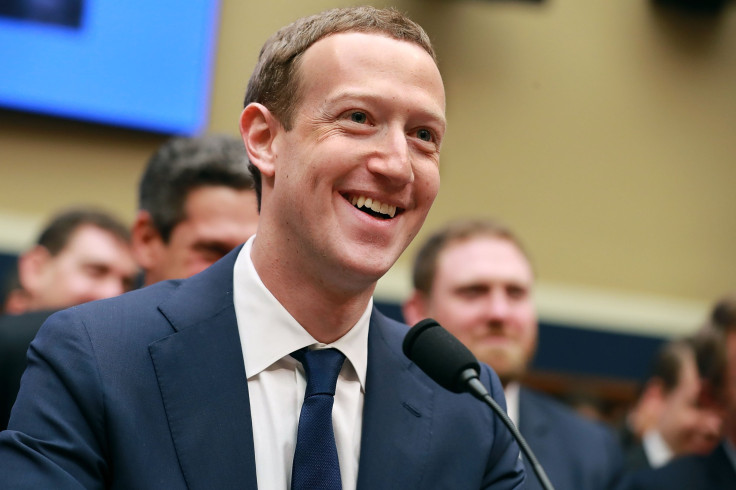Wikipedia Founder Larry Sanger Flays Facebook For Profiting With User Data
Wikipedia co-founder Larry Sanger has hit out at social media giants such as Facebook and Twitter and accused them of profiteering at the expense of users’ data by abetting “massive violations” of privacy and security.
“They can shape your experience, they can control what you see when you see it and you become essentially a cog in their machine,” Sanger said in an interview with CNBC.
In a scathing attack on Facebook CEO Mark Zuckerberg, Sanger questioned Zuckerberg’s intentions behind his new solutions to address concerns about privacy with solutions like encrypted messaging. He blasted the Facebook boss for “abusing the company’s power online.”
Sanger also expressed anguish at the way internet’s evolution was handled in the last two decades ever since he set up Wikipedia up in 2001.
Sanger called the current state of affairs: “It’s appalling frankly,”
Social media strike and its rationale
Sanger was in limelight this week for his exhortation for “social media strike” that sought to highlight his concerns about the use of the Internet to a larger fraternity.
In a Change.org petition, Sanger called for a complete social media boycott on July 4 and July 5.
The petition outlines Sanger's grievances with social media and the flawed use of personal user information in the hands of tech giants that use “detached and colder algorithms.”
Sanger aims Declaration of Digital Independence to work as a tool of persuasion in convincing “as many people as possible” to “join together and reform” the entrenched social networks.
Sanger’s “Declaration” primarily calls for the replacement of “vast digital empires” with new decentralized networks to be run by independent individuals.
Why decentralized Internet matters?
In Sanger’s view, instead of regulating the Internet, there is a need for facilitation to allow the emergence of decentralized social networks so that individuals can publish information online without needing the umbrella of any social media giant.
It must be something similar to the way bitcoin evolved as a “decentralized” asset without regulation by any central bank. Such decentralized social networks can check any single platform's rise as a monopoly to control users’ data online.
“A decentralized internet, a freer internet, that’s what led to the internet being created in the place,” Sanger said.
Why Sangers is against regulating the Internet
Noting that Internet would not have been created by people like Mark Zuckerberg or any Silicon Valley executive of today, Sanger said their penchant is mainly for controlling everything and that is antithetical to the concept of bottom up.

Despite rising scrutiny of the Internet by governments and regulators, Sanger doubts the efficacy of legislation as a means to control companies like Facebook or Twitter.
Sanger says hard regulations would only help big corporations like Facebook and they gag new competitors from entering the market.
Sangers, currently working as CIO of Everipedia. It deals with blockchain. He is not the new star to attack big tech companies in the online space.
Among the acerbic social media detractors, there is Tim Berners-Lee, credited with releasing a “Contract for the Web” and has been demanding meaningful action by companies to protect the privacy and personal data of users.
© Copyright IBTimes 2024. All rights reserved.











